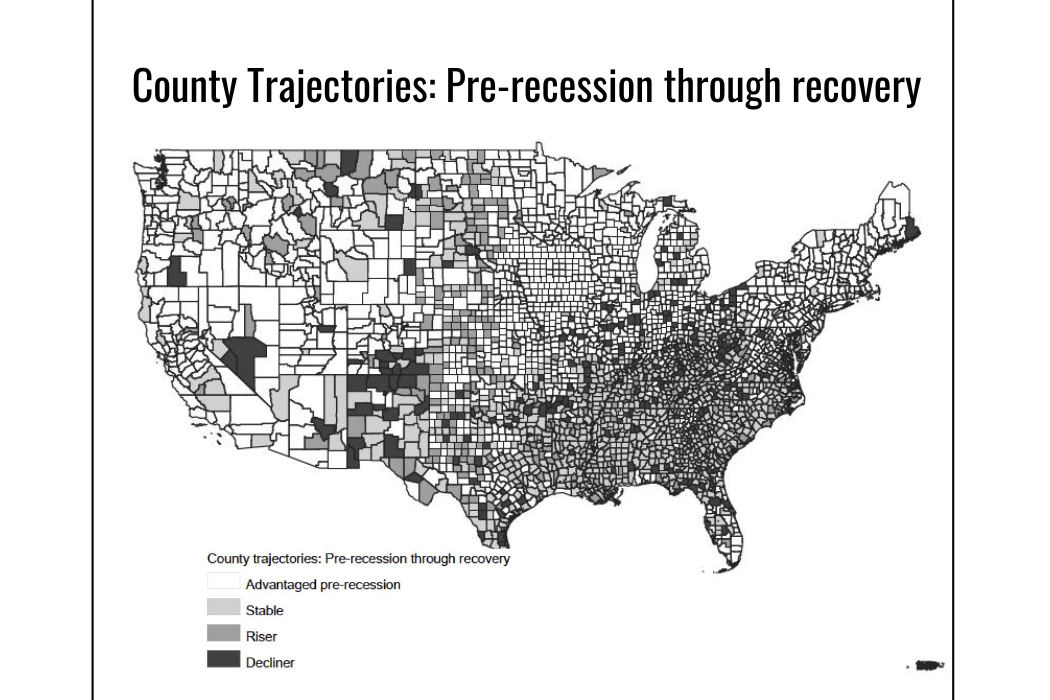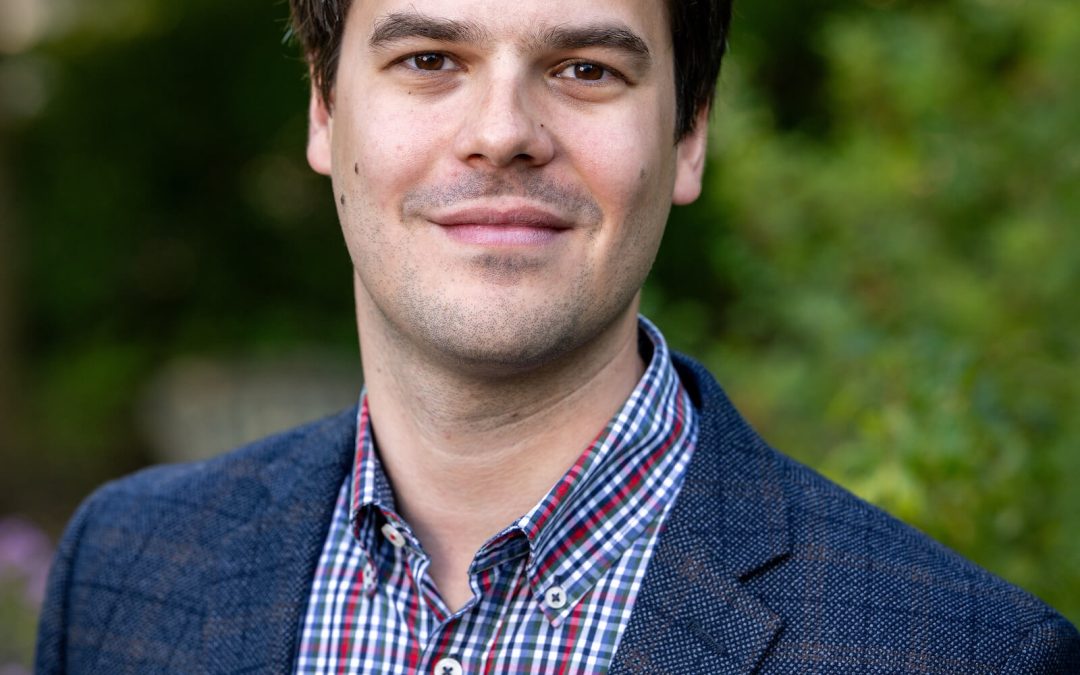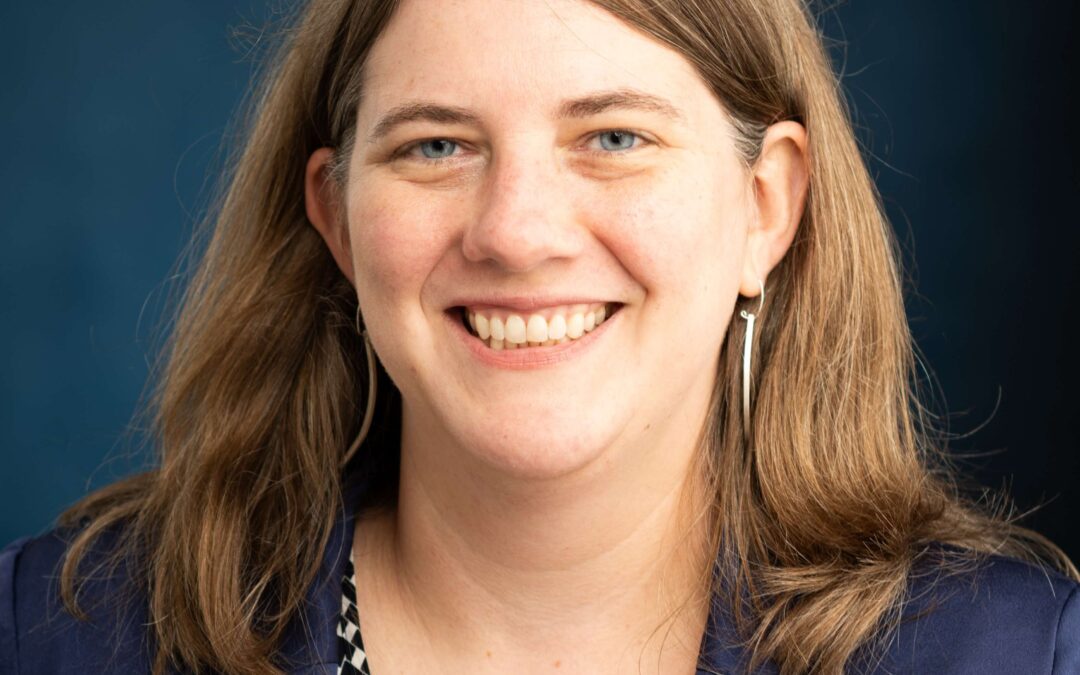Emerging Inequality Scholar Jasmine Simington Investigates Spatial Inequality and Heirs Property
How do spatial inequalities impact the socioeconomic well-being of people? Jasmine Simington, a Stone Center Student Fellow and Emerging Inequality Scholar, has devoted her research career to answering that question. Jasmine is making significant strides in the study of spatial inequality, focusing on assisted housing policies, neighborhood quality and residential mobility, and the implications of heirs property.
From North Carolina to Yale University
Jasmine’s pathway into the field of sociology and public policy began with her transition from living in Winston-Salem, North Carolina – a “very southern, medium-sized city” – to the bustling academic environment of Yale University in New Haven, Conn. Initially drawn to chemistry and medicine in high school, Jasmine said she found herself dissatisfied with psychology’s focus on the brain over social structures. A transformative class with Professor Marcus Hunter, where she delved into the works of W.E.B. Du Bois, solidified her commitment to sociology.
“It was a journey of trying to make sense of my new environment,” Jasmine recalled. “Sociology equipped me with the tools to understand and articulate the inequalities I observed, something that psychology alone couldn’t offer.”
A Commitment to Housing Policy and Public Scholarship
After completing her bachelor’s degree in sociology in 2014, Jasmine joined the Urban Institute’s Metropolitan Housing and Communities Policy Center. Her work there on assessing housing needs on tribal reservations and mortgage lending issues provided her with valuable insights into applied research and policy evaluation.
“Working at the Urban Institute helped me understand the practical applications of my research,” Jasmine said. “It was interdisciplinary in nature, blending urban planning, sociology, and policy analysis.”
This interdisciplinary approach led Jasmine to the University of Michigan, where she is pursuing a joint doctoral degree in Sociology and Public Policy. “U-M’s program has allowed me to work alongside planners, historians, and economists, providing a truly holistic educational experience.”
Exploring the Complexities of Heirs Property
Jasmine’s dissertation takes a deep dive into the often-overlooked issue of heirs property, focusing on how this form of land ownership—typically passed down without a will—affects homeownership and wealth building, particularly in Black communities and other traditionally marginalized groups like those in Appalachia and Native American reservations.
“In Charleston, where I conducted my fieldwork, heirs property is intertwined with historical and emotional value,” Jasmine said. “Rising property taxes and a rapidly growing housing market are putting immense pressure on these lands, challenging the owners’ ability to retain them.”
She explained that heirs property represents an estimated $41 billion in untapped wealth across the southern United States. This form of ownership complicates disaster recovery efforts since heirs often cannot establish clear ownership, making them ineligible for federal aid.
Jasmine aims to expand her research to different contexts, such as Detroit, to understand how heirs property functions in varying economic and historical settings. “I want to understand how generational attachment to land and financial strains impact heirs property owners differently across the country.”
In an article published in The Annals of the American Academy of Political and Social Science, Jasmine and her co-authors analyzed the socioeconomic trajectories of counties prior to and after the Great Recession of 2008. “We developed an original index to measure community-level disadvantage and ranked counties based on their index score before and after the Great Recession. We explore the association between community-level disadvantage and other county characteristics,” she said. “We show that counties with a larger Black population were hit the hardest and endured longer recovery periods, and counties whose economies were more reliant on manufacturing saw smaller gains in their level of disadvantage during the long recovery.”

Supporting Policy Change to Uplift Communities
Beyond her research, Jasmine is dedicated to public scholarship, partnering with community organizations to improve service delivery through asset mapping and client interviews. “My goal is to translate my research into meaningful policy changes that can uplift communities,” she says.
Jasmine presented her findings in the spring at the Heirs Property Conference at Boston College, organized by MacArthur Genius Grant winner Thomas Mitchell. The two-day event featured academic presentations and media coverage aimed at highlighting heirs property issues and proposing pathways to equity.
About Jasmine
Jasmine Simington is a joint doctoral student in Sociology and Public Policy. Jasmine’s research explores mechanisms and patterns of contemporary racial and socioeconomic inequality, building from interdisciplinary perspectives on race and stratification. Her dissertation investigates the relationship between legal ownership classifications and wealth accumulation through the case of heirs’ property ownership. Jasmine’s research has also explored attitudes towards reparations in Detroit, inequalities in disaster recovery in the rural South, and the socioeconomic trajectories of U.S. counties after the Great Recession. Before graduate school, Jasmine worked in the Metropolitan Housing and Communities Policy Center at the Urban Institute. Learn more.

